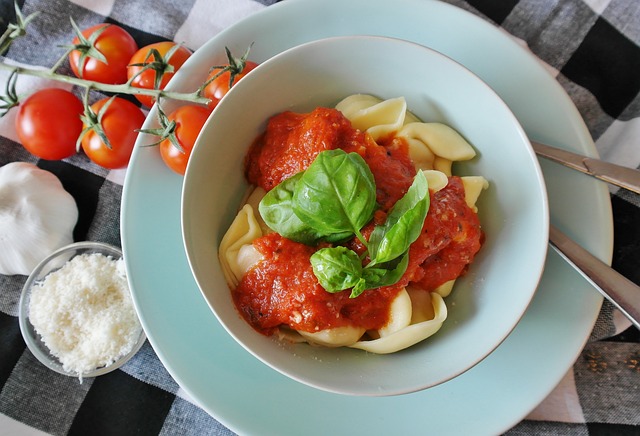Parmesan cheese, also known as parmigiano reggiano in Italian, is a hard, salty cheese made from cow’s milk that has been used for centuries in Italian cuisine. It has a sharp, nutty flavour and is often used in grated form as a topping for Italian dishes and salads.
But what many people don’t know is that Parmesan cheese is packed with nutritional benefits. In addition to being a great source of protein and calcium, Parmesan cheese is rich in vitamins and minerals, and contains antioxidants, making it a nutritious addition to any diet. Let’s take a look at some of the health benefits of Parmesan cheese.
High Protein Content
Parmesan cheese is an excellent source of protein, containing eight grams of protein per ounce. Protein is essential for the body to build and repair muscles, skin, and organs. It’s also important for maintaining healthy bones, hair, and nails. Protein also helps to make enzymes and hormones, and is needed for a healthy immune system.
Rich in Vitamins and Minerals
Parmesan cheese is a great source of several vitamins and minerals, including vitamin A, B12, and zinc. Vitamin A helps to keep the skin, eyes, and immune system healthy. B12 helps to keep the nervous system functioning properly, while zinc helps to promote healthy skin and wound healing. Parmesan cheese also contains phosphorus, which helps to keep bones and teeth strong, and magnesium, which helps to regulate blood pressure.
Good Source of Iron
Parmesan cheese is a good source of iron, containing nearly 10% of the recommended daily value per ounce. Iron is an important mineral for the body, as it helps to transport oxygen throughout the body. It also helps to maintain healthy nails and hair, and helps to keep the immune system functioning properly.
Contains Antioxidants
Parmesan cheese is also a good source of antioxidants, which help to fight free radicals in the body. Free radicals are unstable molecules that can cause damage to cells, leading to diseases such as cancer and heart disease. Antioxidants help to fight off these free radicals, thus protecting the body from disease.
Parmesan cheese contains several antioxidant compounds, including:
- Tyrosine: an amino acid that acts as a precursor to the neurotransmitter dopamine and has antioxidant properties.
- Phenolic compounds: including flavonoids, which are plant-based antioxidants, and hydroxybenzoic acids, which are found in many fruits and vegetables.
- Carotenoids: including beta-carotene, which is a precursor to vitamin A and has antioxidant properties.
- Vitamins: including vitamin E, which is a fat-soluble antioxidant, and vitamin C, which is a water-soluble antioxidant.
It is important to note that the concentration and availability of these compounds in Parmesan cheese may vary depending on the age and quality of the cheese.
Can Help Improve Digestion
Parmesan cheese is a good source of probiotics, which are beneficial bacteria found in the digestive tract. Probiotics help to keep the digestive system healthy by promoting healthy gut flora and aiding in digestion. They also help to boost the immune system and protect against certain types of illnesses.
May Help Lower Blood Pressure
Studies have shown that Parmesan cheese can help to lower blood pressure. The calcium, magnesium, and potassium found in Parmesan cheese can help to reduce high blood pressure, thus reducing the risk of heart attack and stroke. In conclusion, Parmesan cheese is a great addition to any diet. It’s high in protein, vitamins, minerals, and antioxidants, and may even help to lower blood pressure. Not only does it add flavour to dishes, but it also provides numerous health benefits.
How can you include Parmesan cheese in your diet?
These are just a few of the most popular dishes you can make using Parmesan cheese:
- Caesar Salad: Toss fresh lettuce leaves with a creamy dressing made from mayonnaise, garlic, lemon juice, anchovy paste, and grated Parmesan cheese. Top with croutons and more Parmesan cheese for a classic and flavorful salad.
- Baked eggplants: In any of the traditional stuffed eggplant recipes vegetarian people prefer.
- Fettuccine Alfredo: Cook fettuccine pasta until al dente, then toss with a creamy sauce made from butter, heavy cream, garlic, and grated Parmesan cheese. Serve with a sprinkle of black pepper and fresh parsley.
- Parmesan Roasted Vegetables: Cut up your favourite vegetables (such as carrots, broccoli, or Brussels sprouts) and toss them with olive oil, minced garlic, and grated Parmesan cheese. Roast in the oven until tender and golden brown for a delicious and nutritious side dish.







